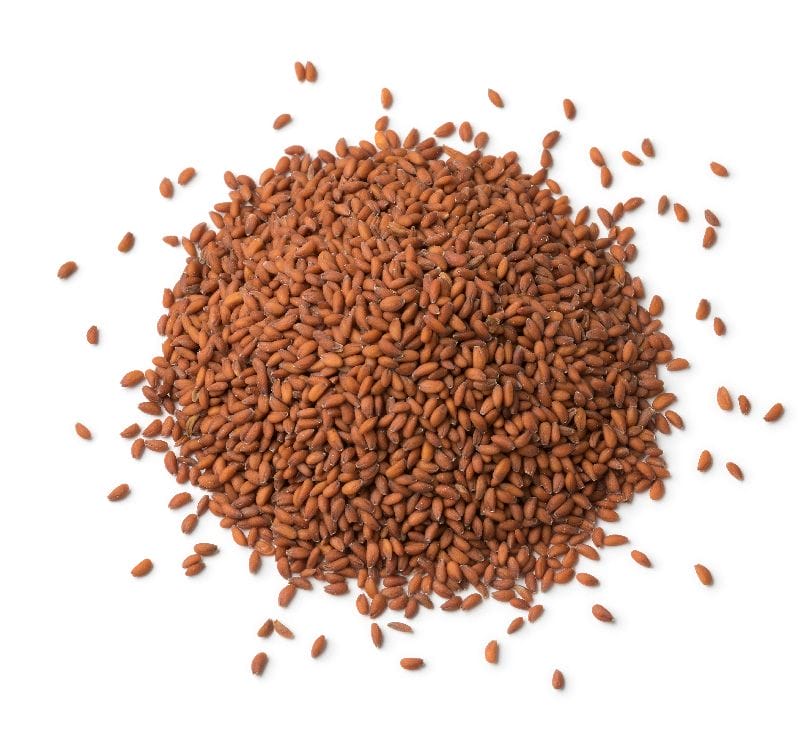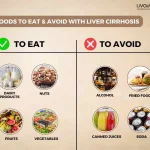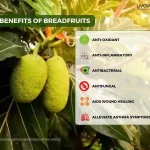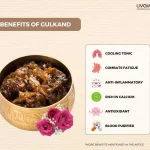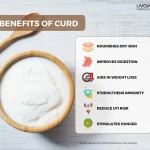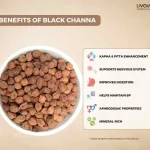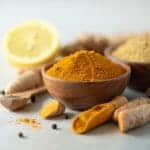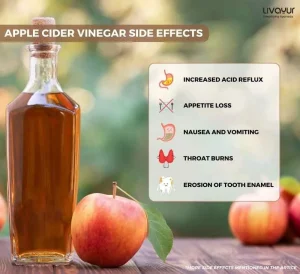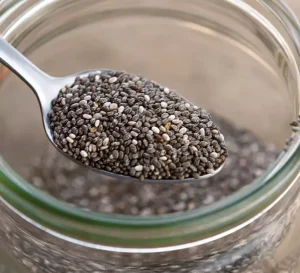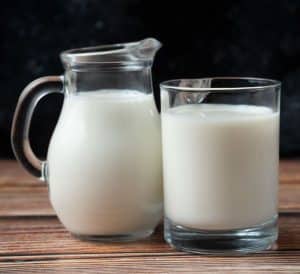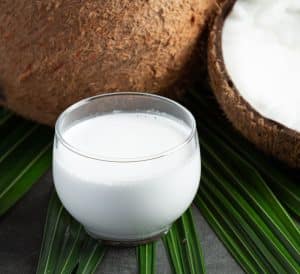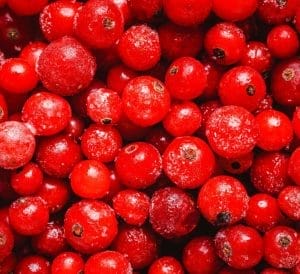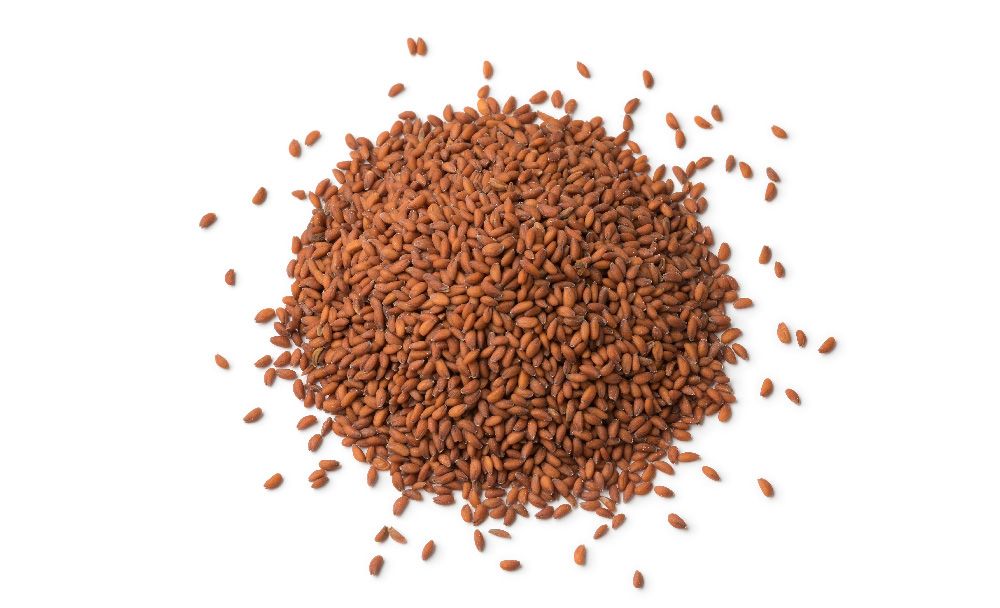
Garden cress seeds, Lepidium sativum, or Halim seeds have been used for centuries in traditional medicine for their many health benefits. All parts of the garden cress including the seeds, leaves, and roots possess economic importance. However, the plant is mainly cultivated for its seeds.[1]
These tiny seeds pack a powerful nutritional punch and offer a range of benefits for the body and mind.
The Halim seeds are a galactagogue and act as a tonic.[1] It is used as a remedy for various diseases such as asthma, coughs with expectoration, diarrhea, dysentery, poultices for sprains, leprosy, skin disease, splenomegaly, dyspepsia, lumbago, leucorrhoea, scurvy, and seminal weakness.[1]
In this blog, we will explore the top 10 benefits of Halim seeds and how to use them.
Nutritional Content of Halim seeds
| Nutrient | Content per 100g |
|---|---|
| Calories | 6 |
| Carbohydrates | 13 |
| Protein | 1.3 |
| Fat | 0 |
| Fiber | 0.5 |
| Potassium | 6% of the daily value |
| Vitamin A | 10% of the daily value |
| Vitamin C | 39% of the daily value |
| Vitamin K | 452% of the daily value |
Halim Seeds Benefits
There are numerous halim seeds benefits. Lets explore the popular health benefits of halim seeds.
1. Antioxidant effects
Halim seed oil is rich in healthy fatty acids and natural antioxidants such as vitamins A and E and eugenol which help to protect cells from damage by free radicals.[1]
2. Anti-inflammatory effects
Halim seeds show anti-inflammatory effects due to the presence of alkaloids, coumarin, flavonoids, tannins, triterpenes, phenolic compounds, butylated hydroxytoluene, phytol, acetamide, oleic acid, octadecadienoic acid, sinapic acid, benzyl isothiocyanate, sterols, and glucosinolates.[5]
In an animal study, Halim seed oil was found to reduce lymphocyte proliferation and the production of inflammatory mediators by peritoneal macrophages.[5]
3. Alleviates Asthmatic Symptoms

Halim seeds benefits include reducing the symptoms of asthma and improve lung function in asthmatics.[1]
Study shows the use of Halim seeds enabled a significant decrease in all commonly observed symptoms of bronchial asthma.[2] Thus proving the effectiveness of this drug in improving the symptoms associated with asthma.[2]
4. Prevents cellular damage
Halim seeds benefits that involve the prevention of cellular damage can be attributed to their antioxidant properties. The presence of vitamins A and E and eugenol, which are natural antioxidants, help to protect cells from damage by free radicals.[1]
5. Anti-diabetic effects
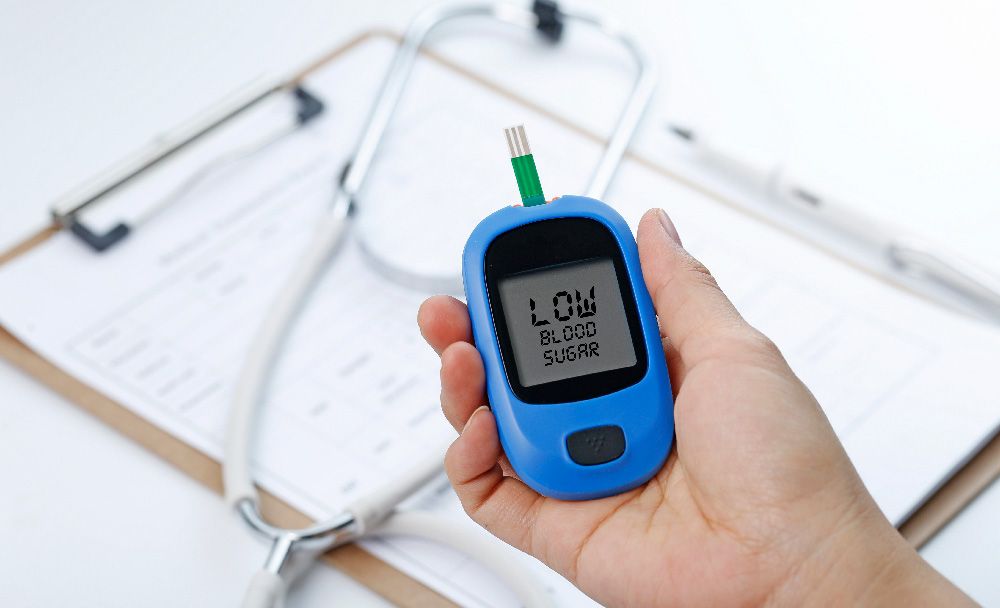
This study was conducted in order to find out the antidiabetic activity of Halim seeds and cinnamon methanol extract in rats with STZ induced diabetes. The strong hypoglycemic action of Halim seeds extract is due to the presence of benzyl isothiocyanate.[4]
Other Uses of Halim seeds
The plant is known to possess varied medicinal properties. The seeds are aperient, diuretic, tonic, demulcent, aphrodisiac, carminative, galactagogue and emmenagogue.[2] Halim seeds are also rubefacient.[2] This means that Halim seeds benefits include being applied as a poultice for hurts and sprains.[2]
Additionally, Halim seeds can also be nephroprotective agents.[5] Halim seeds also possess antibacterial and antifungal properties.[5]
Benefits beyond seeds[2]
The entire plant of Garden Cress is known to possess varied medicinal properties. While the leaves are a diuretic and gently stimulant, the seeds are aperient, diuretic, tonic, demulcent, aphrodisiac, carminative, galactagogue and emmenagogue. Halim seeds are also rubefacient and are applied as a poultice for hurts and sprains.
The root is used in the treatment of secondary syphilis and tenesmus. A preliminary pharmacological study on seeds of Halim seeds plant has suggested the presence of cardioactive substances and is shown to have probable action through adrenergic mechanisms.
FAQs on Halim Seeds
1. What are Halim seeds?
Garden cress seeds, Lepidium sativum, or Halim seeds have been used for centuries in traditional medicine for their many health benefits. All parts of the garden cress including the seeds, leaves, and roots possess economic importance. However, the plant is mainly cultivated for its seeds.[1]
2. Are only the seeds of garden cress useful?
No. Not just the seeds, in fact the entire plant of Garden Cress is known to possess varied medicinal properties.[2] While the leaves are a diuretic and gently stimulant, the seeds are aperient, diuretic, tonic, demulcent, aphrodisiac, carminative, galactagogue and emmenagogue. Halim seeds are also rubefacient and are applied as a poultice for hurts and sprains.[2]
The root is used in the treatment of secondary syphilis and tenesmus. A preliminary pharmacological study on seeds of Halim seeds plant has suggested the presence of cardioactive substance and is shown to have probable action through adrenergic mechanisms.[2]
3. Which constituents of Halim seeds are responsible for its anti-inflammatory activities?
Halim seeds show anti-inflammatory effects due to the presence of alkaloids, coumarin, flavonoids, tannins, triterpenes, phenolic compounds, butylated hydroxytoluene, phytol, acetamide, oleic acid, octadecadienoic acid, sinapic acid, benzyl isothiocyanate, sterols, and glucosinolates.[5]
4. What medicinal properties do Halim seeds contain?
Halim seeds are used as a remedy for various diseases such as asthma, coughs with expectoration, diarrhea, dysentery, poultices for sprains, leprosy, skin disease, splenomegaly, dyspepsia, lumbago, leucorrhoea, scurvy, and seminal weakness.[1]
Conclusion
Halim seeds are nutritious and versatile seeds that offer many health benefits. They are high in fiber, antioxidants, and a range of vitamins and minerals, making them a valuable addition to any diet. From its anti-inflammatory properties to treating skin diseases, having hypoglycemic properties, etc., Halim seeds can be added to the everyday diet for a hale and hearty overall wellness.
Disclaimer: The information mentioned here is for educational purposes only and is not intended to be an alternative to medical treatment by a medical practitioner. Please consult a professional medical practitioner before any dietary modifications.
References:
- Physicochemical Properties and Biological Activities of Garden Cress (Lepidium sativum L.) Seed and Leaf Oil Extracts
- A Study on Clinical Efficacy of Lepidium sativum Seeds in Treatment of Bronchial Asthma
- Cress, garden, raw
- The Hypoglycemic and Antioxidant Activity of Cress Seed and Cinnamon on Streptozotocin Induced Diabetes in Male Rats




